I’m apathetic about The Game Awards this year. 2023 was the final nail in the coffin as it continued to prioritise trailers and advertisements over celebrating the medium it claimed was being represented. Winners were hurried off-stage while the majority of awards were announced off-screen to make time for more commercials. It was gross, crass, and far from what this industry deserves.
Geoff Keighley loves video games. I don’t believe there is any doubt about that fact, but as the face of video games’ most prestigious ceremony, he has developed a reputation for not taking the awards he presents seriously. Just by watching even brief clips, you’ll become abundantly aware that he would rather champion massive reveals and celebrity appearances instead of giving developers time to speak. That’s weirdly beneath him, ironic when the show is already several hours long and needlessly bloated with ads, trailers, and awards that don’t seem to serve much purpose other than filling a slot.
The Game Awards Is All Filler And No Killer
The scope of the show and the relevance of its many categories has been brought into the limelight more than ever this year as Elden Ring’s Shadow of the Erdtree is nominated for Game of the Year, despite the base game already receiving this honour two years ago. It’s blurring lines, and it seems Keighley isn’t willing to discuss why this is allowed, meaning other deserving nominees are shut out with no explanation as to why.
A jury of professional outlets and creators is responsible for the nominees, but they are also acting within the parameters Keighley has set out, and in a year filled with great games, it’s only natural for something like Shadow of the Erdtree to rise to the top. But why wasn’t it in Best Ongoing Game like Cyberpunk 2077: Phantom Liberty, or was Keighley just trying to give Elden Ring one last hurrah considering his love for all things FromSoftware? It’s hard to tell, but my conversation today extends beyond that.
I’ve always found The Game Awards to be an overlong affair, and its slew of categories is a blatant representation of that. Aside from horror, which remains ignored, it seemingly wants to cover every single genre and demographic under the sun.
It will seek to give out awards for Best Fighting, Best Family, Best Racing, Best Action Adventure, Best Sport, and Best Adaptation, even if there aren’t nearly enough things to fill the spots. I understand wanting to give every major genre a time to shine, but when you’re preventing some people from getting on stage to accept their awards and ignoring others entirely, this logic doesn’t hold water.
Geoff Keighley Needs To Change How The Game Awards Operate
For years now, I’ve rolled my eyes at categories filled with nominations that are doing nothing but making up the numbers, and there are few years when this isn’t the case. Winning big at The Game Awards is meant to be a prestigious honor, but more and more it feels like they’re merely an excuse for a showcase of trailers and celebrity appearances that only reinforce its vapid and unsustainable identity. This needs to change, either by decreasing the number of categories or questioning exactly what is eligible for what award.
What does it mean to even be an action adventure game when Silent Hill 2 and Star Wars Outlaws are on the same net?
Keighley either needs to redefine what it means to receive an award and what categories he covers on the night, or make The Game Awards a weeklong affair where smaller games and less headline-grabbing winners are afforded a chance to have their say and collect their gold, even if it’s in front of a much smaller audience.
It’s obviously his golden goose, an event that he holds massive announcements back for, despite also controlling our industry news cycle with Summer Games Fest and Opening Night Live. Video game accolades and announcements alike are frequently held by the whims of Keighley’s wishes, and it sucks that the gaming equivalent of the Oscars is a childish mess.
But it doesn’t need to be that way, and there exists a way to both streamline the show while still making it a place for the best games of each and every year to be celebrated. Yet we’re going into yet another year when it’s going to take on the same predictable form with little or no willingness to change. The Game Awards is several hours long, but in so many ways, it can feel devoid of substance because it’s so invested in taking time away from the creators that are filling its pockets year after year. Either by slimming down or redefining exactly how it is holding the medium up, something has to change.
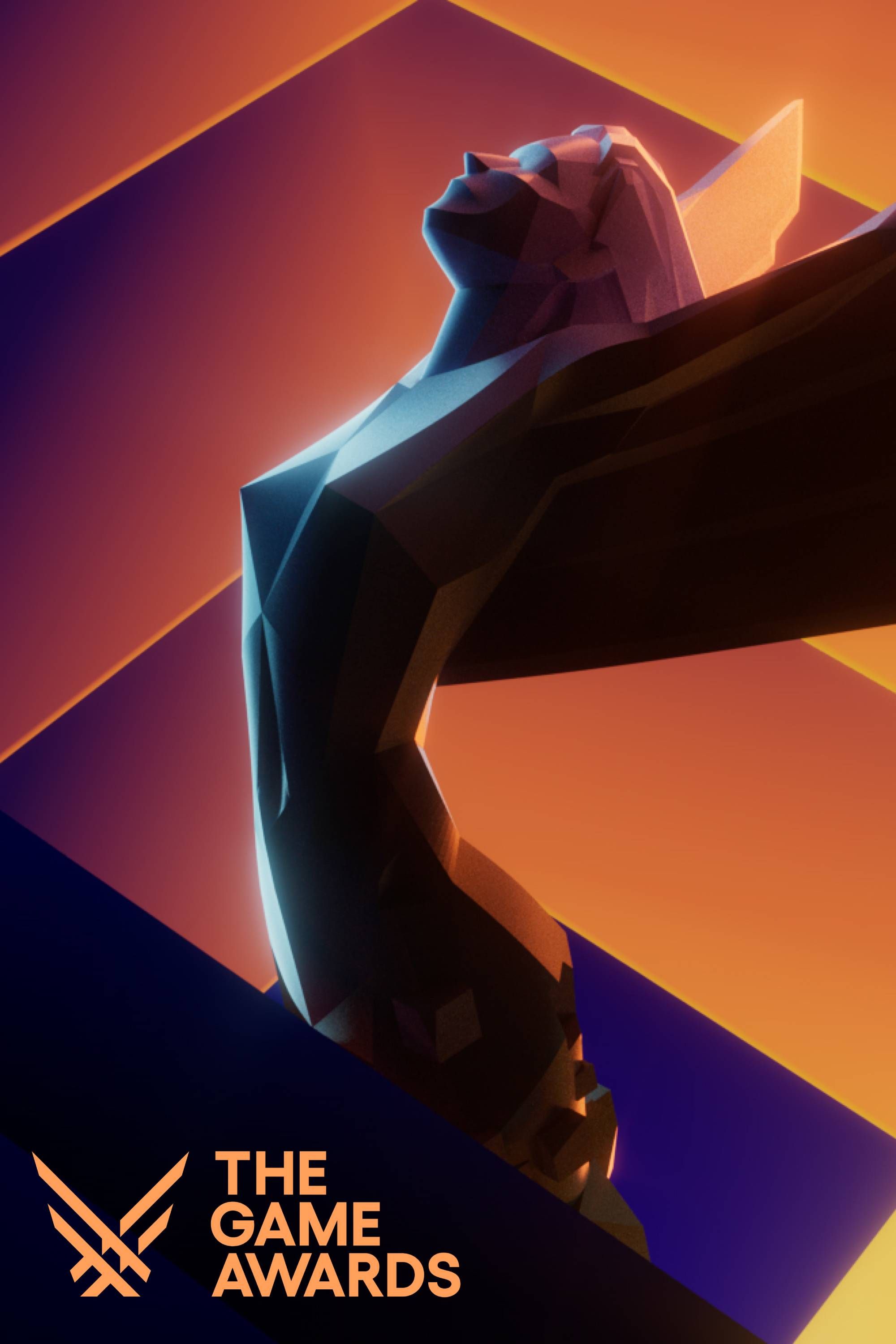
The Game Awards
Founded by Geoff Keighley, The Game Awards is a video games event centered on celebrating the best of the year’s titles, with emphasis on reveals and promos for upcoming launches.
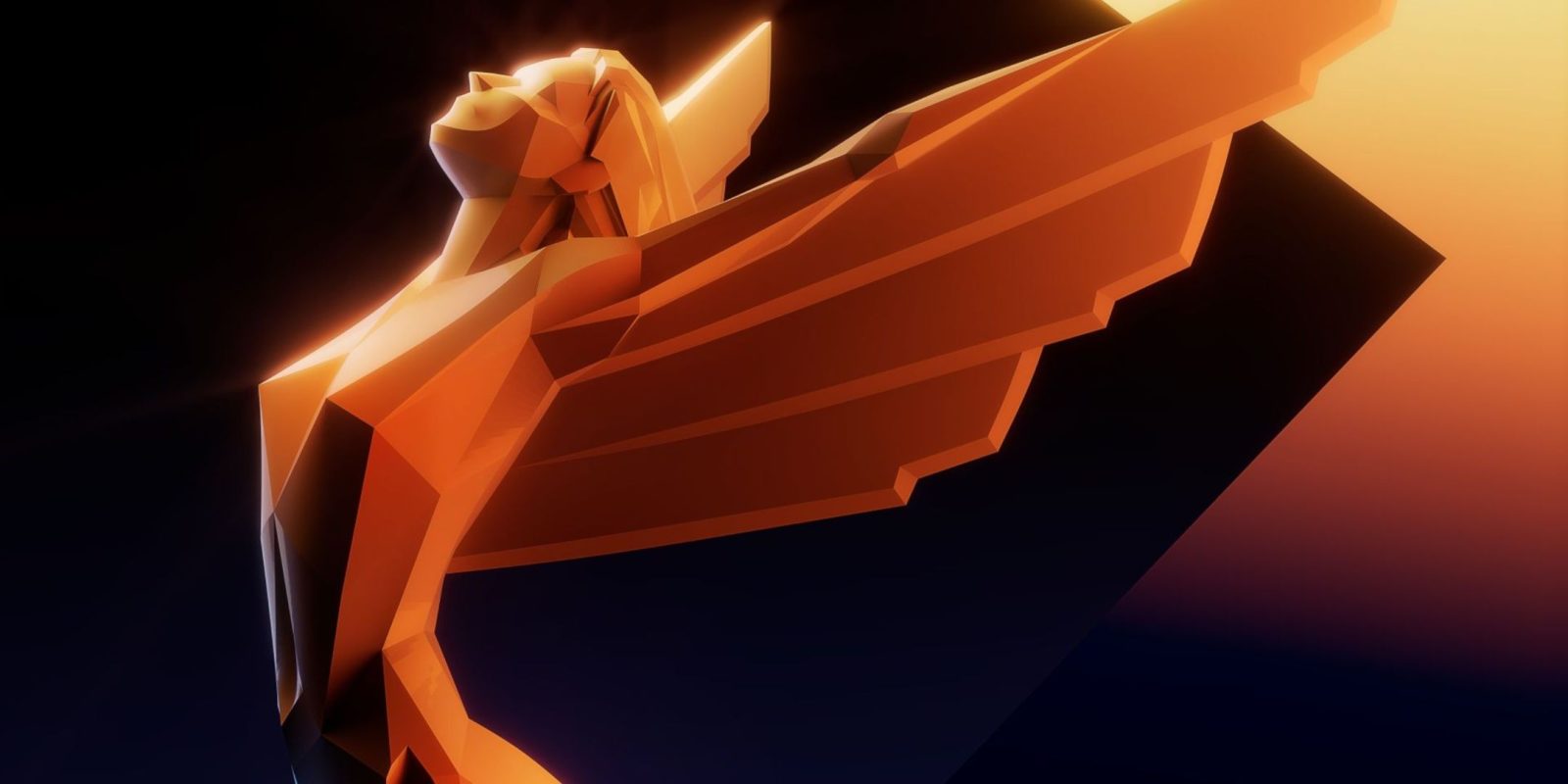
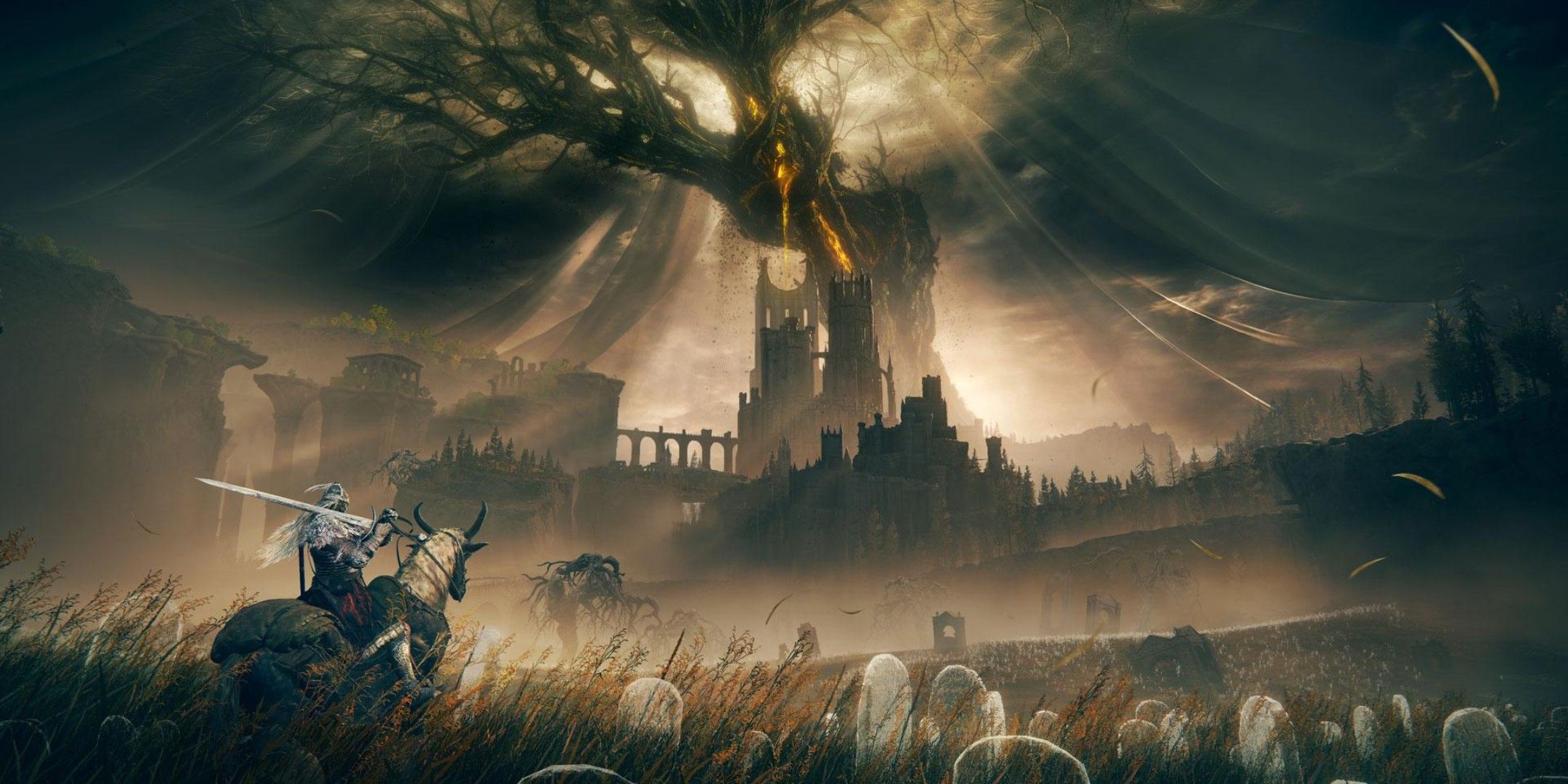
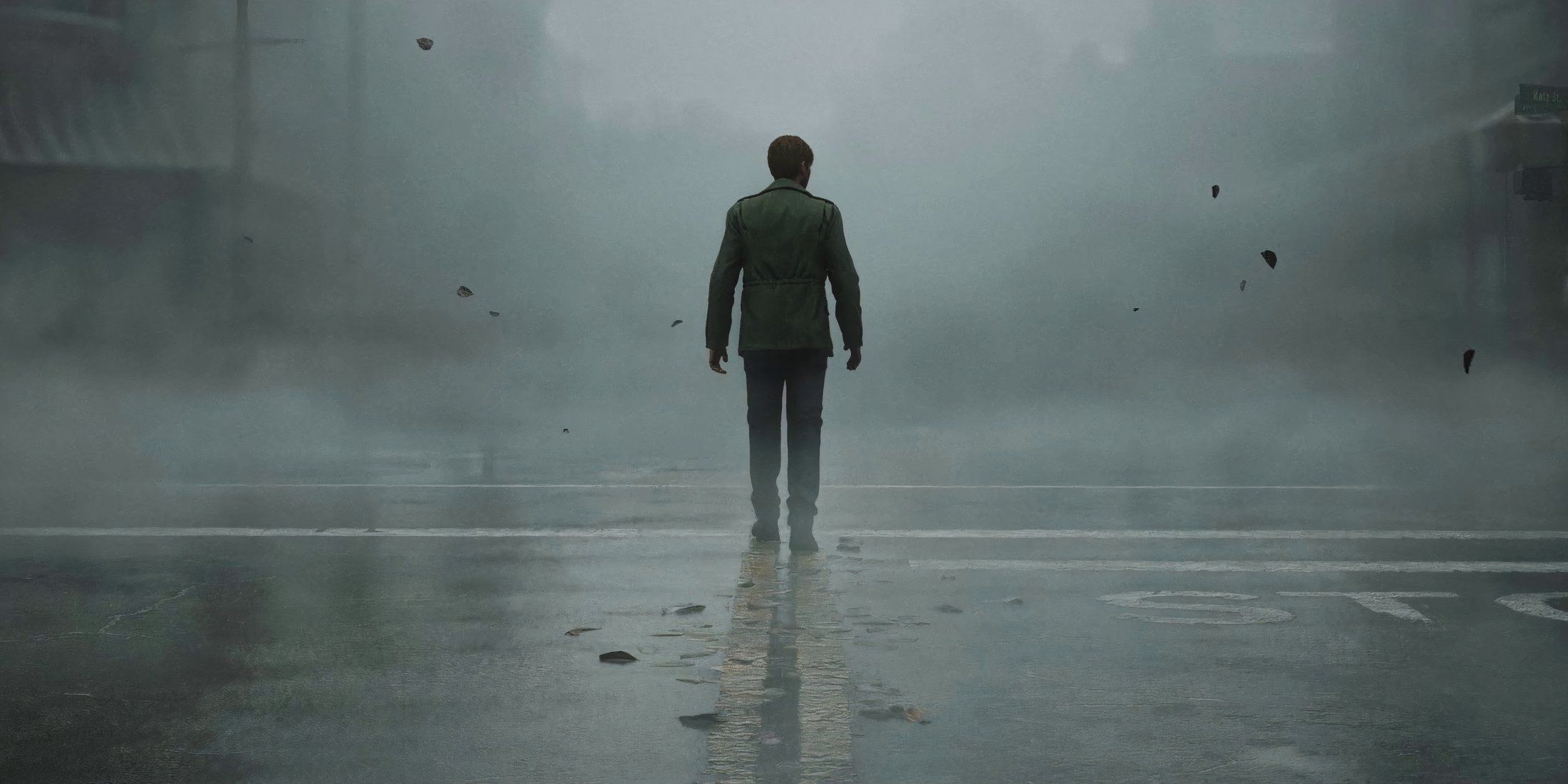
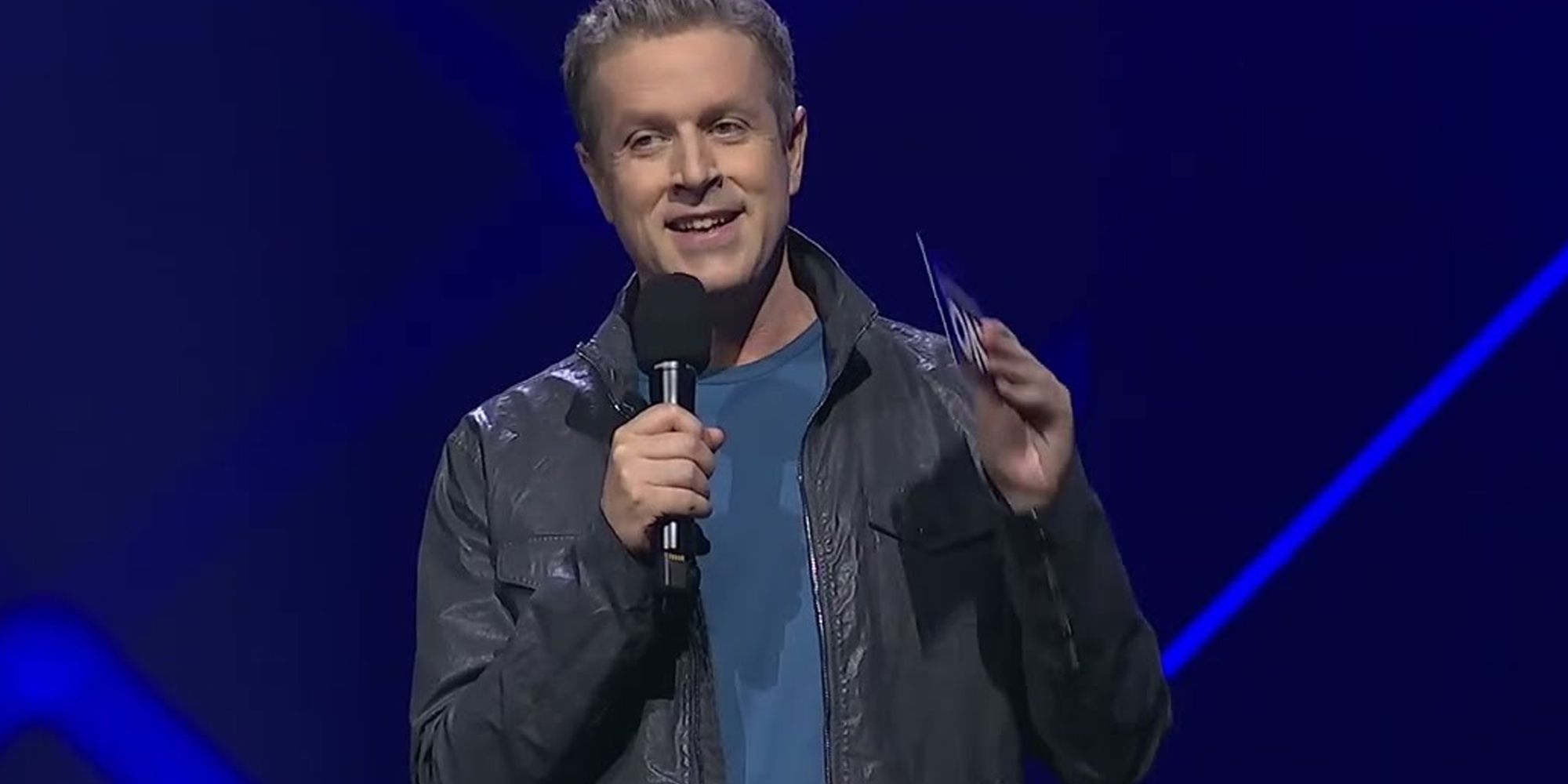










Leave a Reply